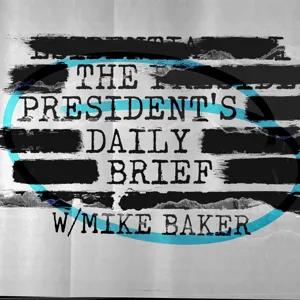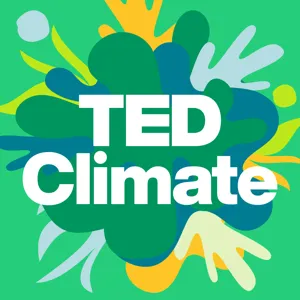Why Cash Is Like Oxygen In Business | Alan Murray

Today's episode of the GaryVee Audio Experience is an awesome interview I did with lifelong journalist, and CEO of Fortune Media, Alan Murray! We discuss his beginnings as a journalist for the Wall Street Journal, the challenges people go through to better themselves, how to build the biggest empire while keeping an emotional framework, and much more! Enjoy!
THINGS I TALKED ABOUT:
Importance of cash for business sustainability
Significance of attention as a business asset
Alan Murray's career in journalism and entrepreneurship
Insights from "Tomorrow's Capitalist" on business and societal impact
Evolution of corporate responsibility towards societal impact
Role of empathy in business leadership
Corporate sustainability and climate change actions
Diversity, equity, and inclusion efforts in workplaces
Economic trends influencing business strategies
Businesses' role in addressing societal problems








